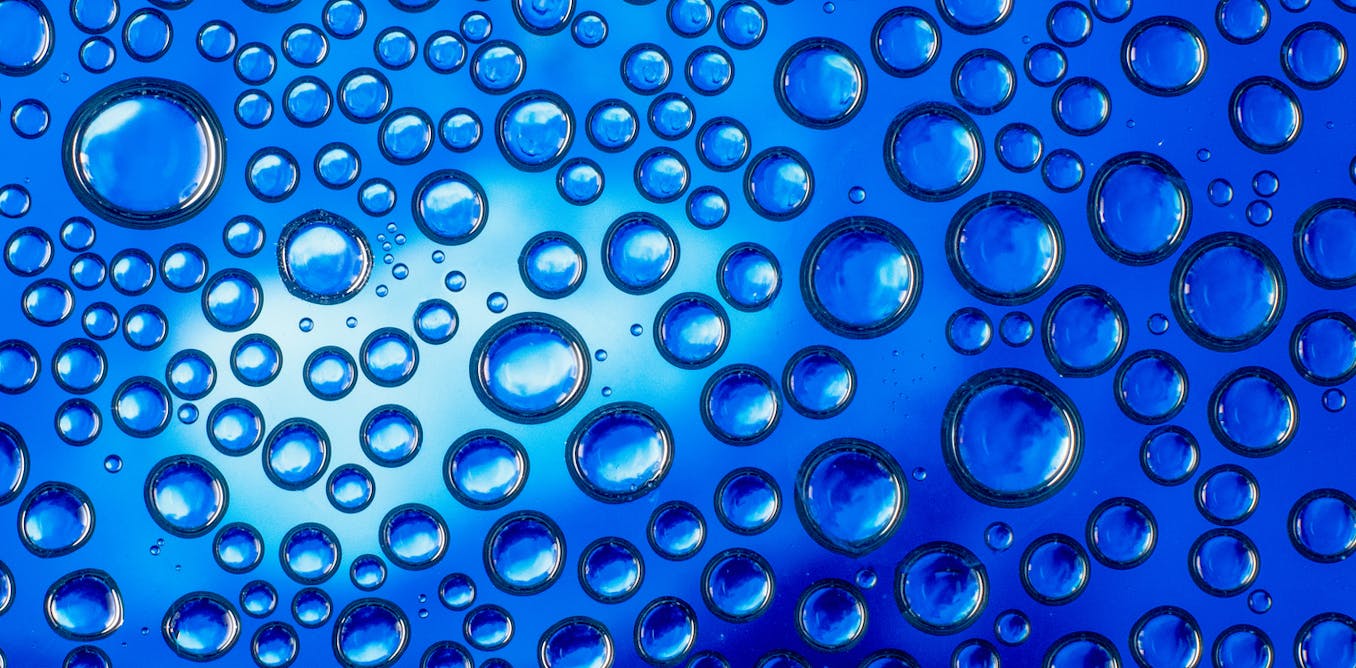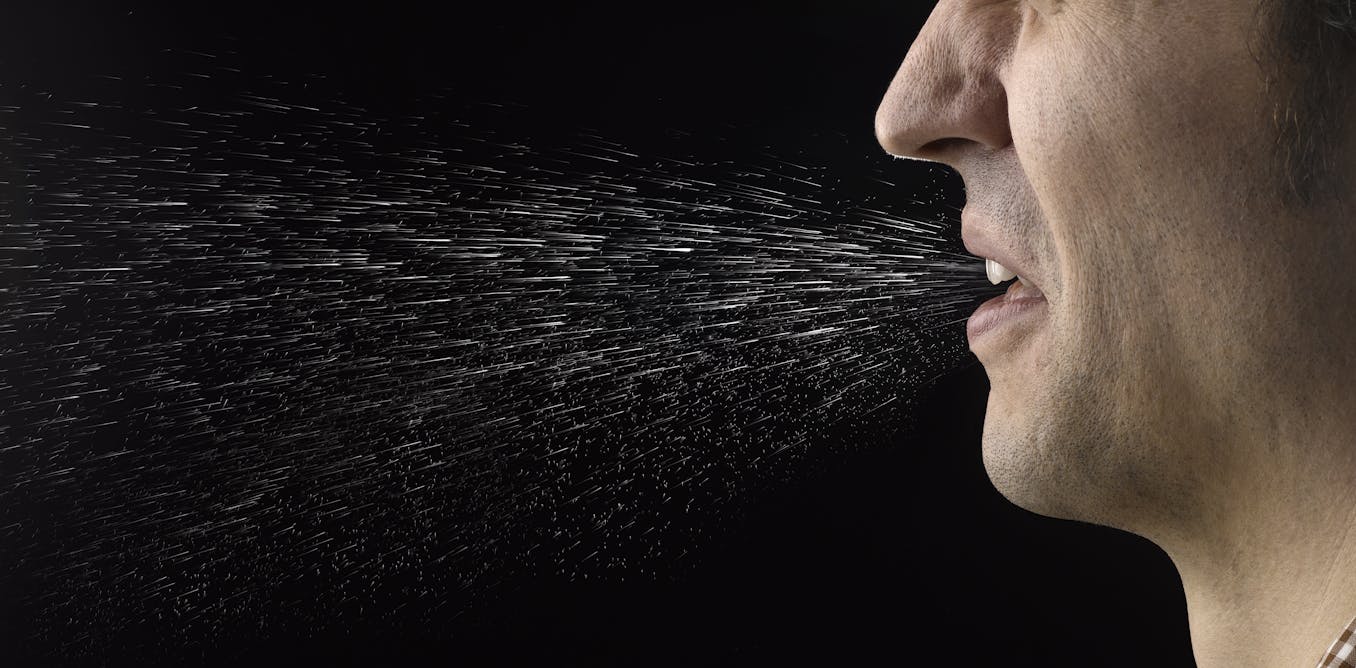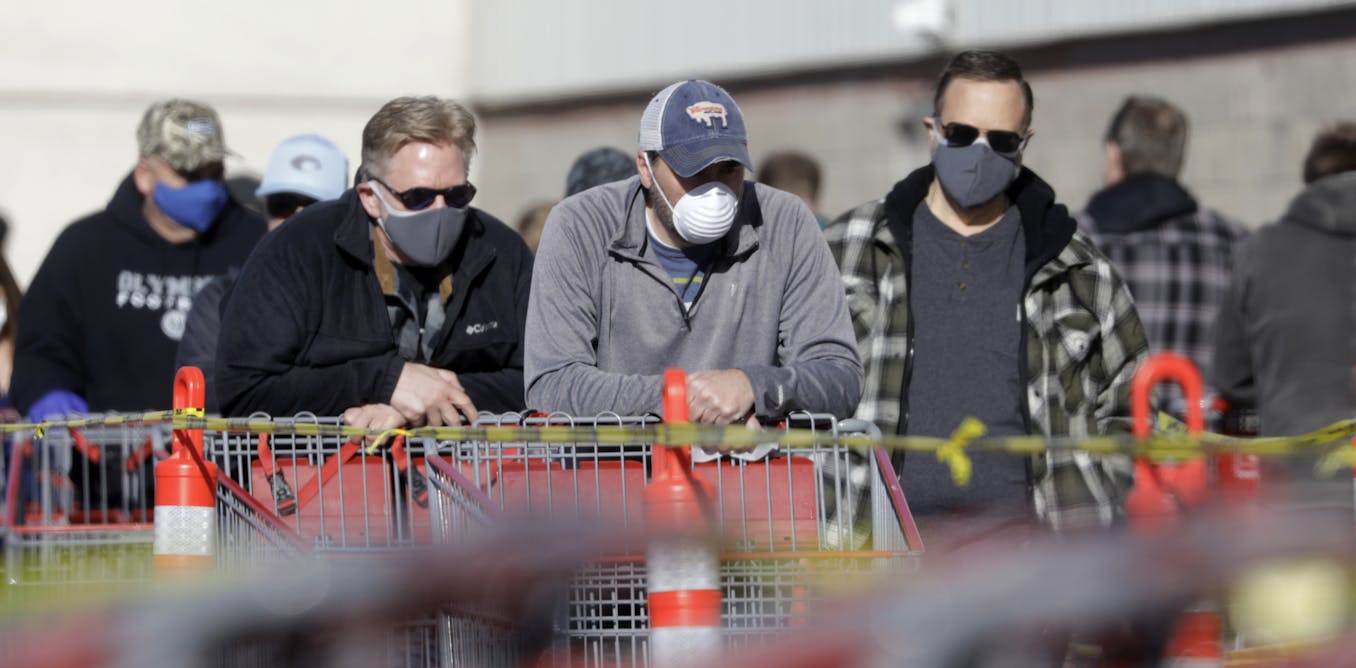Water was both essential and a barrier to early life on Earth – microdroplets are one potential solution to this paradox
The chemical reaction that forms essential biomolecules like proteins and DNA normally doesn’t occur in the presence of water. Microdroplets provide a unique environment that make it possible.
Nov. 2, 2022 • ~8 min






